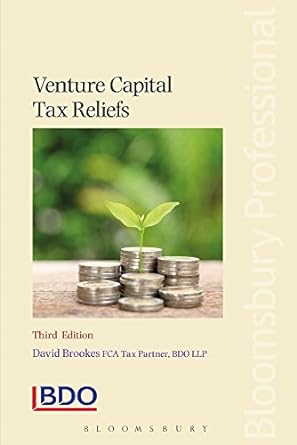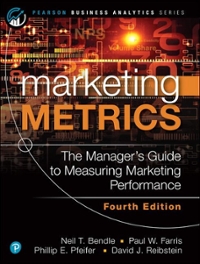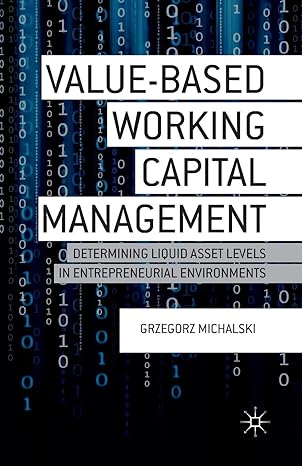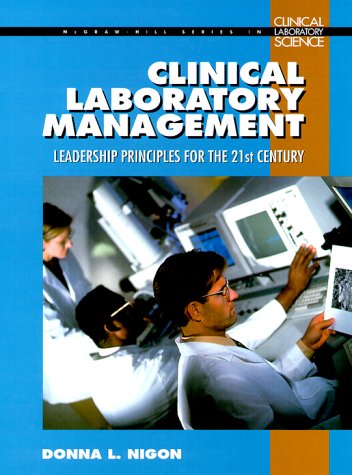Go back


Venture Capital Tax Reliefs(3rd Edition)
Authors:
David Brookes

Cover Type:Hardcover
Condition:Used
In Stock
Include with your book
Free shipping: April 04, 2024Popular items with books
Access to 3 Million+ solutions
Free ✝
Ask 10 Questions from expert
200,000+ Expert answers
✝ 7 days-trial
Total Price:
$0
List Price: $233.38
Savings: $233.38(100%)
Book details
ISBN: 1526502453, 978-1526502452
Book publisher: Bloomsbury Professional
Get your hands on the best-selling book Venture Capital Tax Reliefs 3rd Edition for free. Feed your curiosity and let your imagination soar with the best stories coming out to you without hefty price tags. Browse SolutionInn to discover a treasure trove of fiction and non-fiction books where every page leads the reader to an undiscovered world. Start your literary adventure right away and also enjoy free shipping of these complimentary books to your door.
Venture Capital Tax Reliefs 3rd Edition Summary: Are your clients looking to grow their business ventures?Venture Capital Tax Reliefs, Third Edition provides an overview of the major investment schemes introduced to encourage growth capital investment, including the Enterprise Investment Scheme (EIS), Seed Enterprise Investment Scheme (SEIS) and Venture Capital Trusts (VCTs).The title provides practical guidance on the investment reliefs available and how to make them work for you and your clients. It describes the qualifying conditions that must be met by both the investors and the company, guides the reader through the process of claiming these valuable reliefs and advises on how to avoid losing them.Substantially rewritten and reorganised to reflect the major changes to the tax incentives available, this new edition provides:- Detailed coverage and analysis of the highly popular Seed Enterprise Investment Scheme (SEIS)- Commentary on the impact on EISs and VCTs as a result of the 2015 State Aid changes and legislation, which fundamentally altered the way the schemes operate, including:-- The new age limit-- The enhancements for knowledge intensive companies-- Use of money and the growth and development requirement-- The risk-to-capital provisions
Customers also bought these books
Frequently Bought Together
Top Reviews for Books
Muhammed shafiqi
( 4 )
"Delivery was considerably fast, and the book I received was in a good condition."










